Skin rental is now a thing with Counter-Strike 2’s May 24 update. Available so far on the sequel’s first-ever collection, the Kilowatt Case, players can rent skins for a week for the price of the case and a $2.50 USD key, and the community seems to be cautiously welcoming to Valve’s new model.
Weapon skin cases have been at the forefront of Counter-Strike’s revenue model since 2013. However, until the Kilowatt Case update, you’d have to spend cash on keys to open cases to get your shot at a desired weapon skin—unless you’d buy a particular skin from the community market or third-party websites. Depending on the drop rate of a certain skin within a case, and then the drop rate of the case as a whole, it wasn’t a rare sight to see a highly sought-after skin trading for hundreds of dollars. Now, however, the skin rental service lets subscribers access all skins within the collection for a week at a set price.
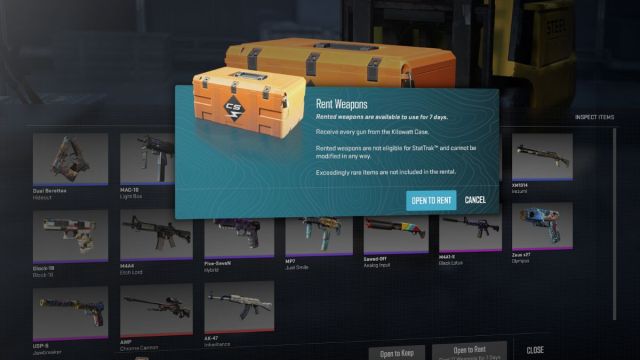
CS2 players shared their perspectives on the freshly introduced feature in a May 25 thread on the game’s subreddit. Most support the model since it opens up the opportunity to play with the newly released rare skins at a nominal cost. However, players are wary of the baked-in “subscription model” that could have far wider ramifications for the complex CS2 skin economy.
“I do see the strategy behind it and I’m not against subscriptions as long as I can still buy and own the thing I want,” one player said. After all, skins—rented or otherwise—don’t detract from the core Counter-Strike experience. “It doesn’t affect my experience one bit, so I think it’s a great addition for those that wanna use it,” another player said, remarking on the alleged gatekeeping from veteran skin traders the post’s author alluded to.
The other side of the argument holds some weight too. “This is a subscription model that may regulate the skin prices enough to drop them down,” another said. If the demand goes down, the prices may fall despite less supply. This may result in knife prices going even more bananas though,” one player said, drawing upon the impact on the supply-demand ratio of skins if the rental system catches on with a significant chunk of the CS2 playerbase.
Then there is, of course, a much more dystopian take on the development. In video games and otherwise, we have witnessed the software industry as a whole leaning to focus on subscription-based revenue ditching the traditional one-time purchase model.
While the Kilowatt Case skins are still purchasable, some CS2 players are rightly concerned that Valve, too, is moving in that direction.


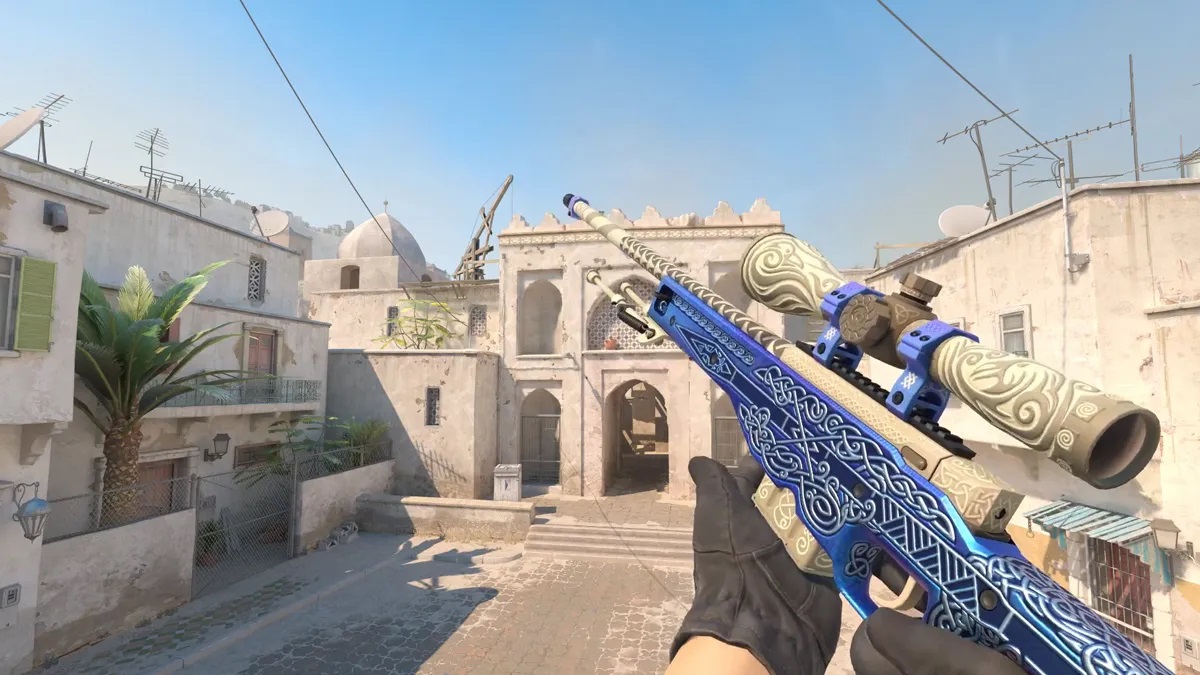
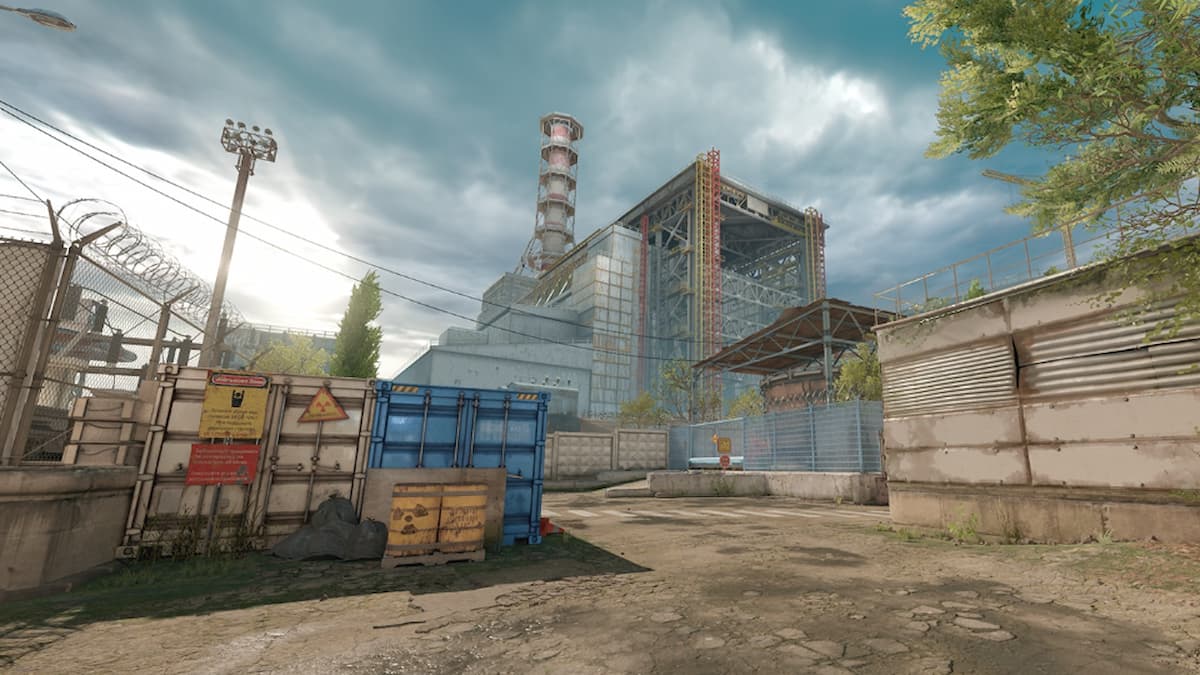
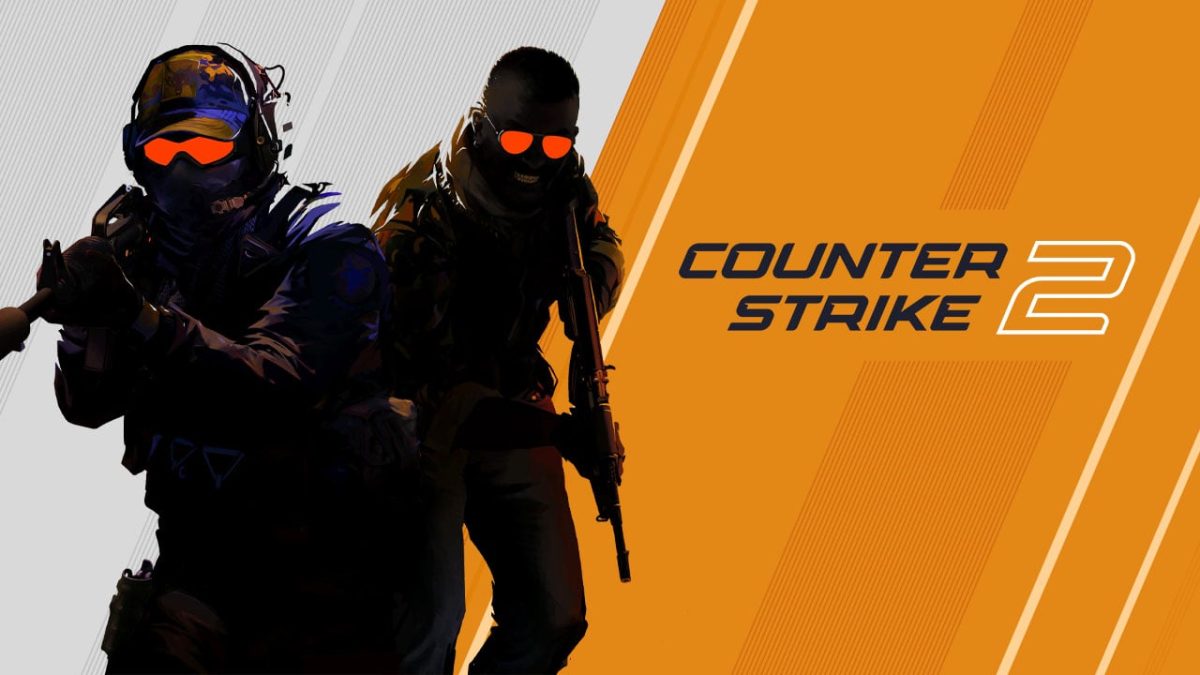


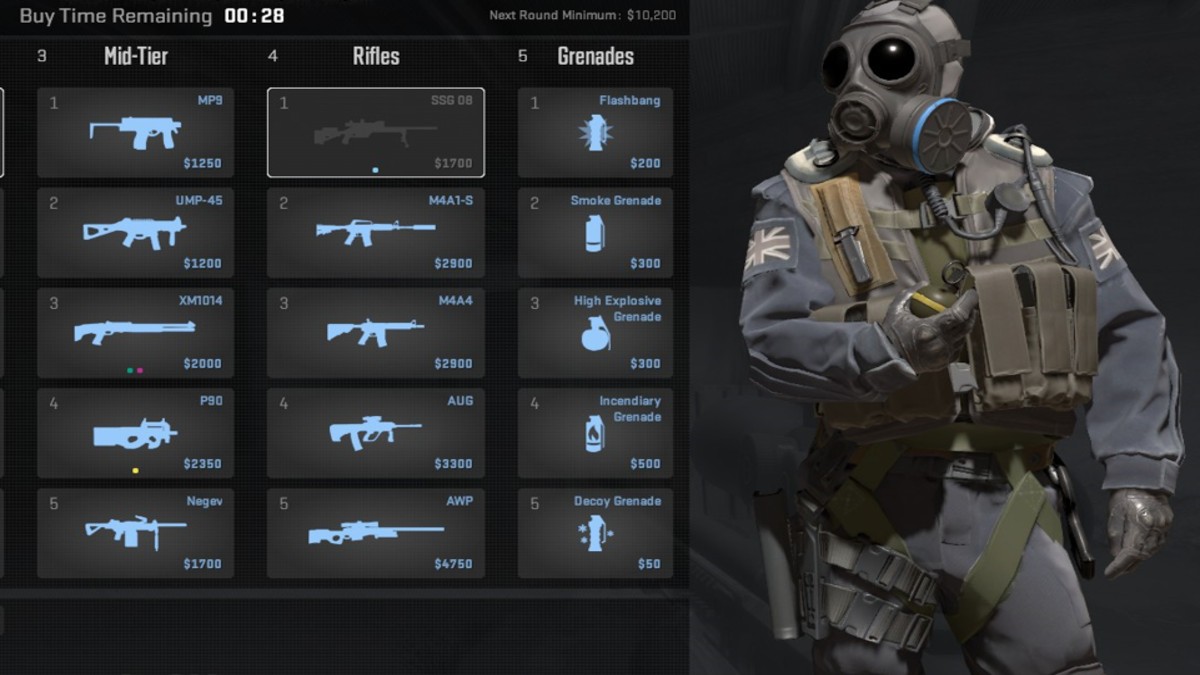


Published: May 26, 2024 02:18 am